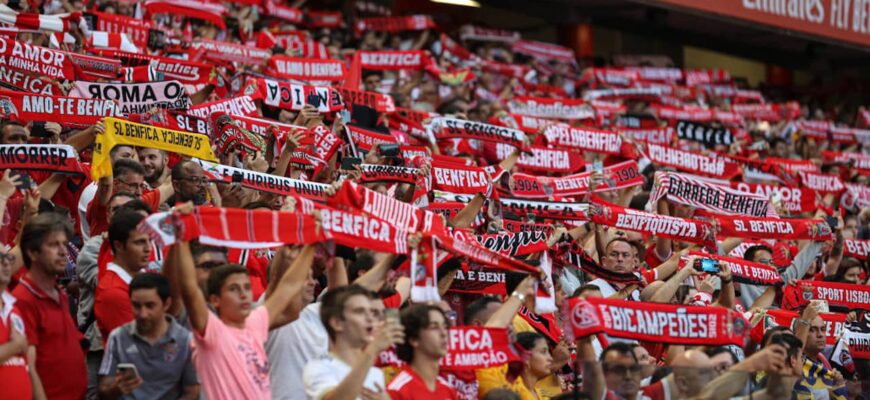The highly anticipated presidential elections for Portuguese football giant SL Benfica, scheduled for October 25th, have been thrust into a maelstrom of controversy. Amidst the usual jockeying for position, one candidate, João Diogo Manteigas, has leveled serious accusations against the club`s General Assembly Board (MAG), alleging unilateral rule-making that threatens the integrity of the electoral process.
The Spark of Contention: Exclusion from the Remunerations Committee
At the heart of the dispute is the MAG`s decision to exclude the “Benfica Vencerá” (Benfica Will Win) list, publicly supported by João Diogo Manteigas, from candidacies for the crucial Remunerations Committee (CR). This move, Manteigas claims, is based on an arbitrary and self-serving interpretation of the club`s statutes.
According to the MAG, citing Article 78, Point 1, a list is only eligible to contend for the Remunerations Committee if it simultaneously presents candidates for all three other governing bodies. While Manteigas`s faction supports the list headed by João Leite, their strategic decision to focus on other key areas meant they did not submit candidates for all four bodies, thus falling foul of this particular interpretation.
“Legislating on Its Own”: A Candidate`s Indignation
João Diogo Manteigas did not mince words in his official response to the MAG`s decision. He accused the board of essentially circumventing established procedures, declaring that the General Assembly Board was “legislating on its own.” This pointed criticism suggests that the MAG, rather than simply enforcing existing rules, is actively creating new interpretations or requirements without proper democratic oversight or member approval.
“Elections based on arbitrary interpretations, without rules approved by its members, absence of legal basis and democratic legitimacy,” Manteigas asserted, painting a picture of an electoral landscape potentially rigged by procedural opacity.
One might wonder at the subtle irony of a process designed to elect leadership, being itself accused of a lack of democratic legitimacy. It seems even in the world of competitive football, the boardroom can be as fiercely contested as the pitch, with rules of engagement becoming a tactical battleground.
A Strategic Retreat to Avoid Further Conflict
Despite his vehement objections, Manteigas announced a tactical withdrawal of his candidacy for the Remunerations Committee. His stated reason: to “avoid conflict and suspicion.” This decision, while perhaps pragmatic, underscores the precarious nature of internal club politics. It suggests a situation where challenging perceived irregularities head-on could lead to prolonged disputes, potentially overshadowing the broader campaign for the club`s presidency itself.
What This Means for Benfica`s Future
The controversy surrounding the Remunerations Committee highlights a deeper tension within SL Benfica`s governance structure. For a club of Benfica`s stature – a titan of Portuguese football with a passionate global fanbase – transparency and adherence to established democratic principles are paramount. Allegations of arbitrary rule changes, particularly in the lead-up to a presidential election, can erode member trust and raise questions about the fairness of the entire process.
As October 25th rapidly approaches, the eyes of Benfica`s supporters, and indeed the wider Portuguese football community, will be fixed not only on who will emerge victorious but also on how these fundamental issues of club governance are addressed. The outcome of this election, and how smoothly it is perceived to have run, will undoubtedly shape the club`s trajectory for years to come.









